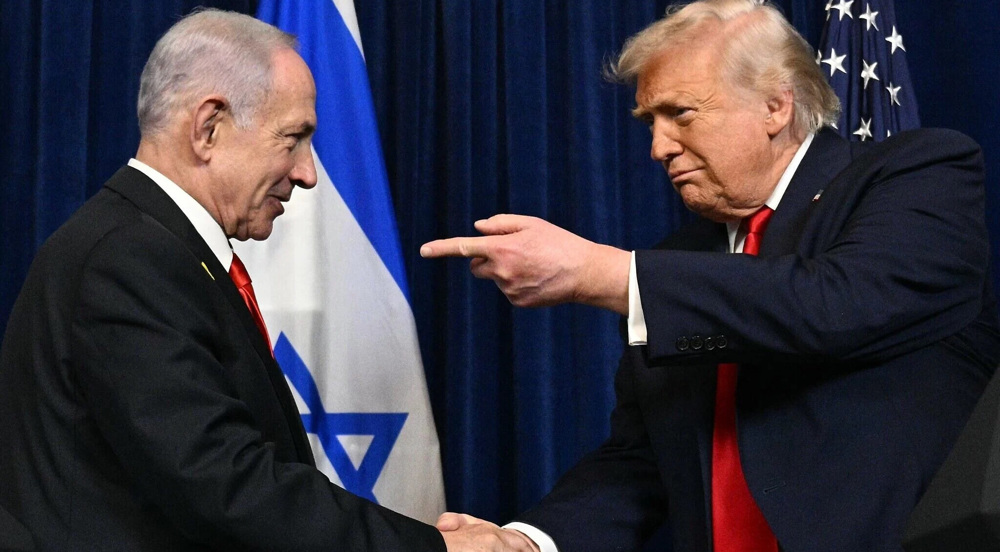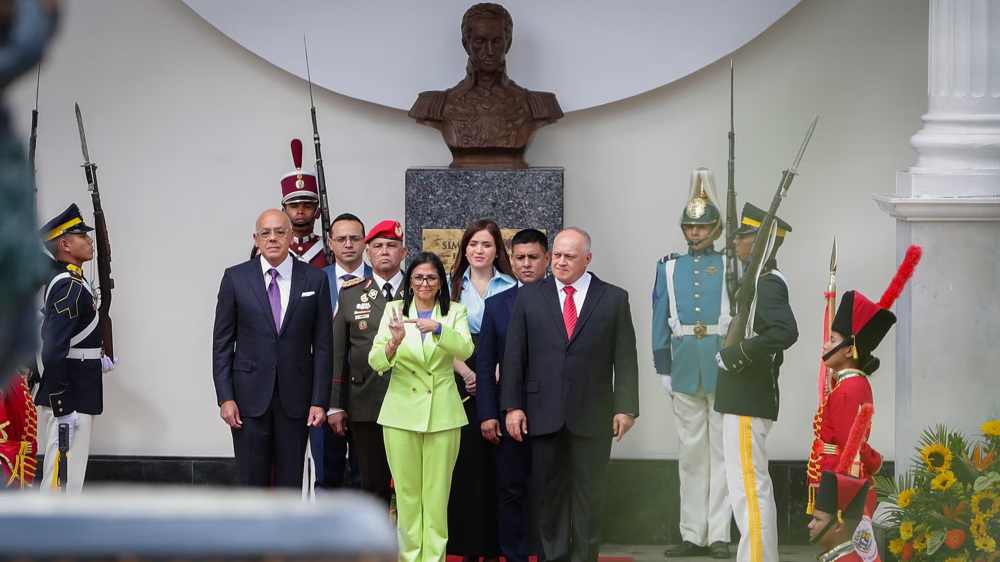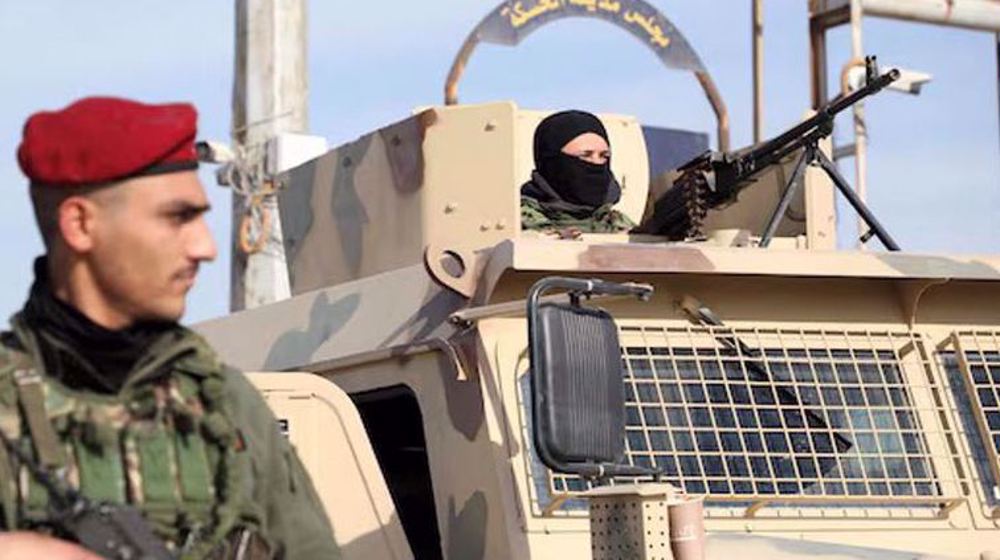Entire US staff from Yemen pulled out, State Department says
The United States says it has pulled out all of its military and diplomatic staff from Yemen, where the Ansarullah revolutionaries of the Houthi movement have taken control of the capital.
"Due to the deteriorating security situation in Yemen, the US government has temporarily relocated its remaining personnel out of Yemen," State Department spokesman Jeff Rathke said in a statement issued on Sunday.
“We will continue to engage the Yemeni people and the international community to strongly support Yemen’s political transition. We also continue to actively monitor terrorist threats emanating from Yemen and have capabilities postured in the area to address them,” he added.
Rathke also said Washington will take action to “disrupt continuing, imminent threats to the United States and our citizens.”
The evacuation comes two days after three bomb attacks targeted mosques full of worshippers in Sana’a, killing 142 people and injuring more than 350. ISIL terrorists, many of whom were initially trained by the CIA in 2012 to destabilize the Syrian government, claimed responsibility for Friday’s triple bombing.

On Saturday, CNN reported that US troops were evacuating an air base in Yemen due to that country's deteriorating security situation.
About 100 US military forces were leaving the Al-Anad air base near the southern city of al-Houta in Lahij province, the report said, citing unnamed officials.
The American troops being evacuated include Special Forces commandos, Navy SEALs and members of the Army's Delta Force.
The United States closed its embassy in Sana'a last month after the country’s government resigned under pressure from the Ansarullah revolutionaries of Houthi movement.
The impoverished Arab country is currently grappling with a severe political crisis between the central government and Ansarullah fighters.
Al-Qaeda-linked violence against Yemeni security forces has reportedly grown since February 2012, when Abd Rabbuh Mansur Hadi came to power as the country’s president in a one-man election backed by Saudi Arabia and the United States. Hadi replaced the longtime dictator, Ali Abdullah Saleh.

In late January, Hadi, along with the cabinet of Premier Khaled Bahah, stepped down over pressure from the Houthi movement, but the Yemeni parliament did not approve their resignation.
Hadi fled his home in Sana’a on February 21 after weeks under effective house arrest and went to Aden, Yemen’s second largest city, where he officially withdrew his resignation and highlighted his intention to resume duties.
The Houthi movement played a key role in the 2011 popular uprising that forced former dictator Saleh to quit after 33 years in power. The revolutionaries say the government has been incapable of properly running the affairs of the country and providing security.
GJH/GJH
Iran’s iron and steel exports up 27% y/y in Apr-Dec
Sudan is scene of 'horror and hell': UN rights chief
Scottish leader vows another independence vote if his party wins in May
Israeli forces, settlers burn homes, shut schools in attacks across West Bank
Intelligence Ministry: 300 ringleaders of foreign-backed riots arrested across Iran
Iran begins easing bans on global internet
Pezeshkian: Any attack against Leader ‘full-fledged’ war with Iranian nation
VIDEO | 30 tons per capita: Gaza faces rubble crisis










 This makes it easy to access the Press TV website
This makes it easy to access the Press TV website